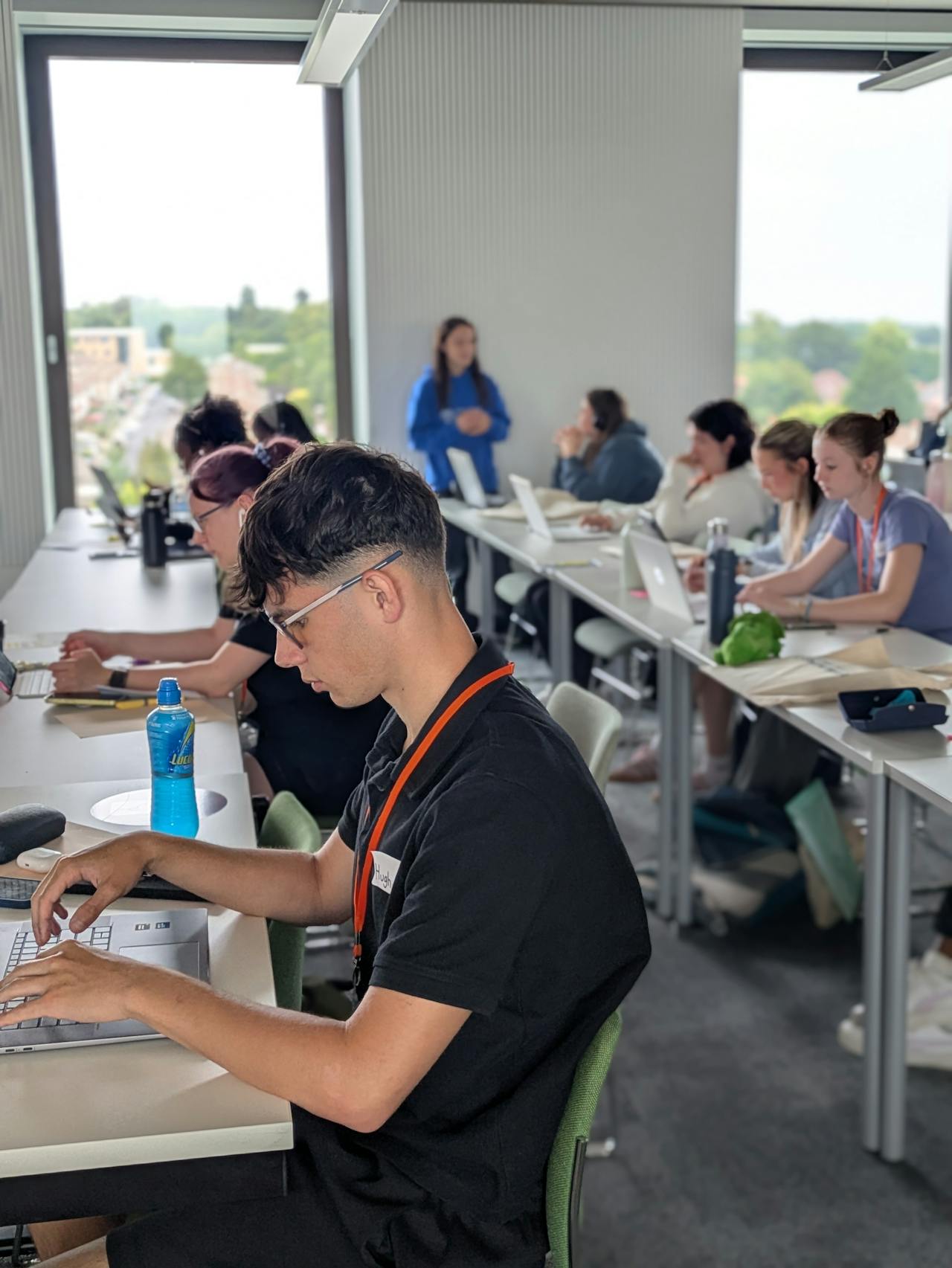My experience of using Chat GPT to write a UCAS Personal Statement
Last June I wrote an article for my Better Uni Choices newsletter all about using Chat GPT, having tried it for myself. You can find it here, but to save you the long read, here’s an overview:
- If your students ask Chat GPT to write their statements for them, it will simply make stuff up; a whole statement full of lies.
- If, on the other hand, your students really engage with it, and get it to ask them a whole load of relevant questions before writing it, it will do a pretty good job of drafting something personal.
- Where it really comes into its own, however, is when it’s asked for feedback on the statement; it's pretty good at analysing strengths and weaknesses and suggesting improvements.
Basically, your students CAN get Chat GPT to write their statement for them, but only with clever prompting, and a good amount of effort inputting their personal info. However, it is far from clear that they SHOULD.
However, what is also clear is that Generative AI can be a really great assistant, and a pretty decent adviser.
And so, more recently, I had another go.
This time I decided I would approach Chat GPT as if it were my adviser. I would ask it to do no more than I would ask an actual human university counsellor to do. This way it would be unquestionably legitimate and ethical. After all, students get help with their statements all the time.
Starting with the prompt below, I had a super-useful conversation with Chat GPT.
“You are advising me on applying to university. I would like to apply for law at university, and I need help with starting my UCAS Personal Statement. Can you tell me what sort of things I should include? And also, can you give me an example of a UCAS personal statement for law?”
I received back a ten-part structure of things to include in my statement, from the intro and ‘why law?’, through academic achievements, relevant skills, work experience, legal super-curriculars, career aspirations, and a conclusion.
And it gave me a half-decent example, with a warning to use it as a guide and inspiration only.
Once I’d drafted a statement based on its suggested structure and advice, I asked this:
“I've now drafted a UCAS Personal Statement, which I will copy into the next message. Can you tell me how I can make it better? I am particularly interested in the content and the writing style. In particular, so that I can learn, can you give me at least five things about it that are good, and at least five areas where I can improve it.”
Once again, it came up trumps, with five strengths and five areas for improvement, all of which were legitimate and helpful. When I asked it for more guidance on one of the areas for improvement, the expanded response was clear and actionable.
Now… things weren’t perfect. The example statement was full of those horrible clichés “from an early age…”, “fuelled my desire to explore” and “my voracious reading”. When I asked for specific grammar and flow feedback on my statement, it once again suggested some pretty cringe-worthy language.
But overall, the quality of the advice was not bad; not bad at all.




